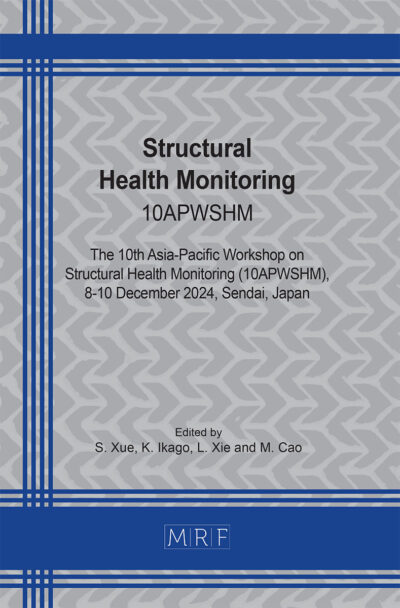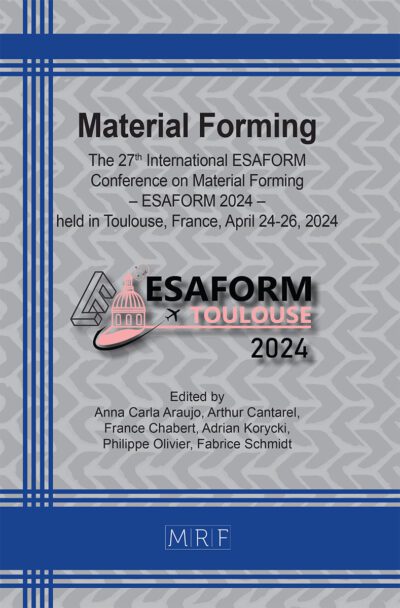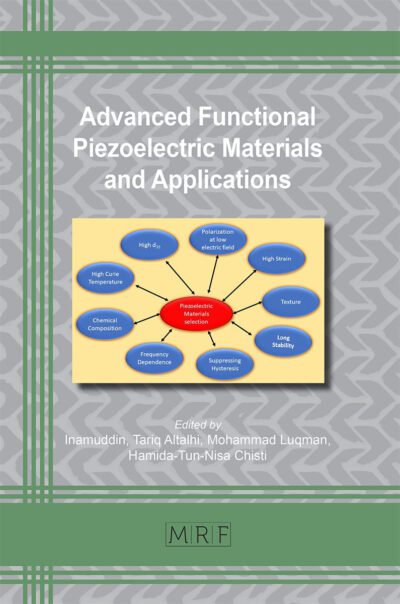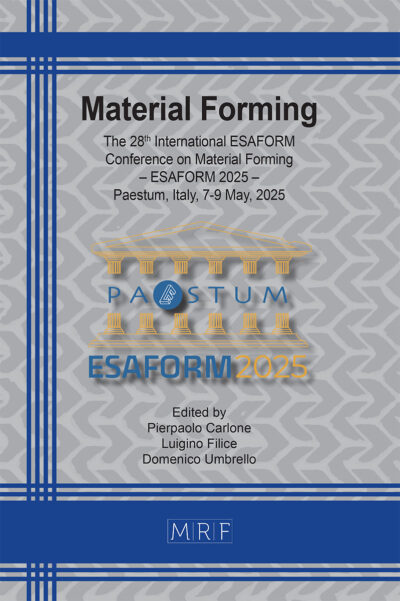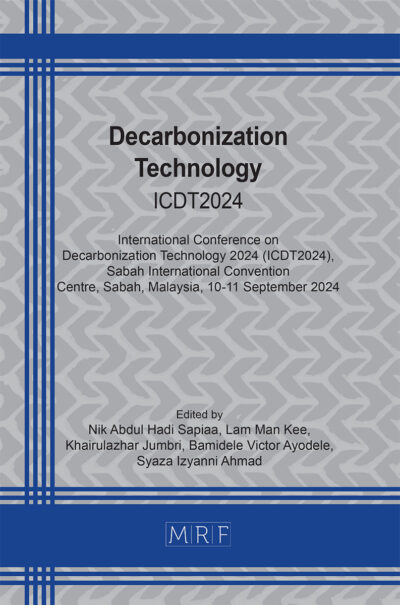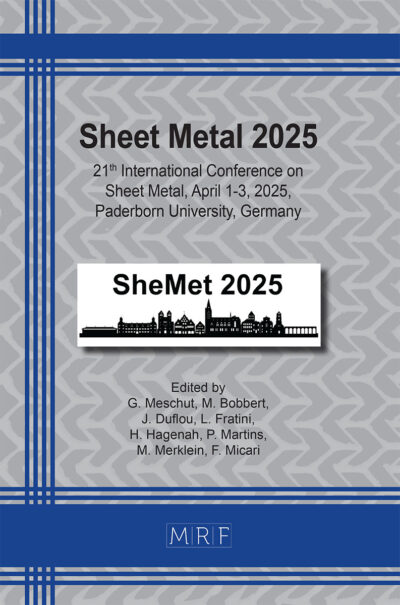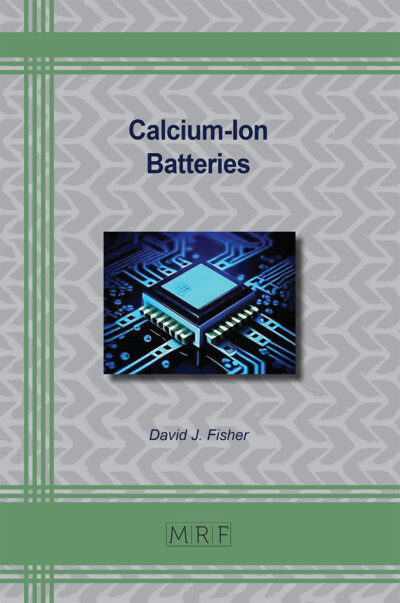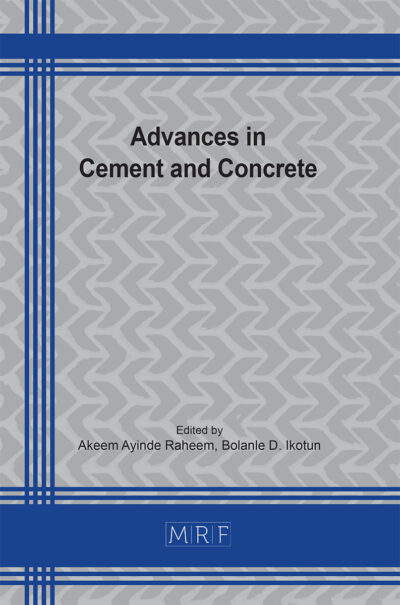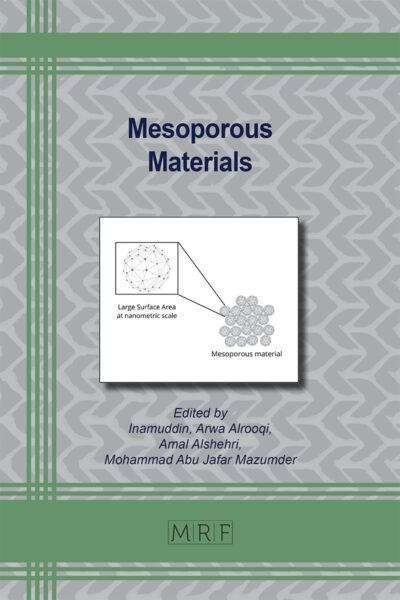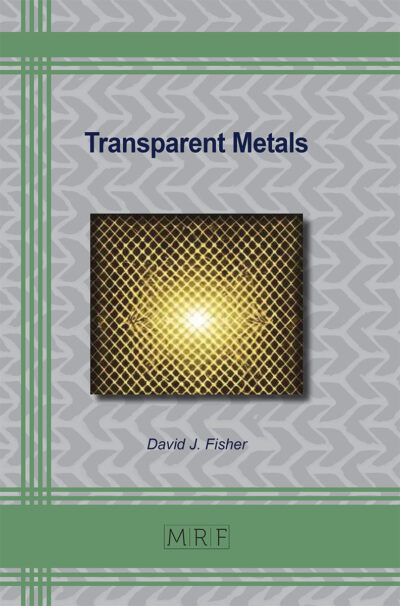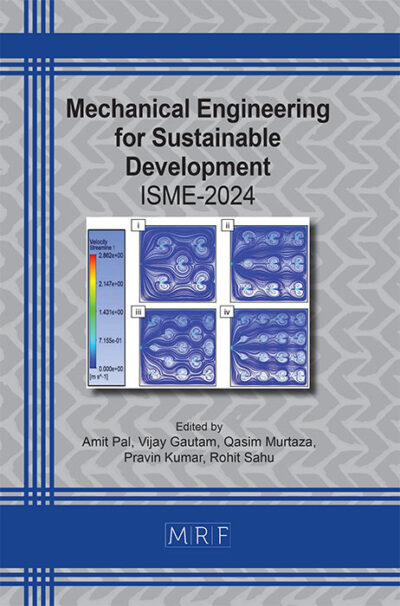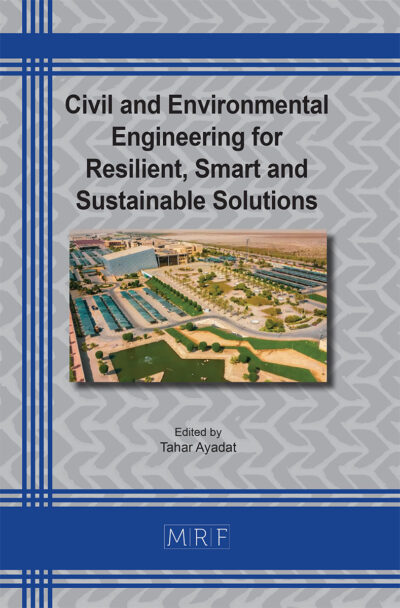Assessment of enablers and disablers of environment-food-energy-water nexus in biomass value chain
SYAZMI ZUL Arif Hakimi Saadon, NORIDAH Osman, SHARVEENA Shruthee, AHMAD SYAKIR Ismail
download PDFAbstract. The study aims to understand biomass value chains (BVC) in Malaysia, specifically those involving the use oil palm waste such as empty fruit bunch (EFB), palm oil mill effluent (POME) and oil palm trunks (OPT). This particular type of biomass source was selected as it is very abundant and is a major feedstock in existing biomass value chains in the country. The research uses survey methodology to obtain data related to BVCs by surveying relevant stakeholders. From the information obtained in Section 1 and Section 2 of the survey conducted, we were able to assess the enablers and disablers of environment-food-energy-water (EFEW) nexus in biomass value chain, which is the main research objective. Other than that, the raw data from survey is analyzed with SPSS statistical analysis methods to determine the relationship between technology, policies and role of government and private sector with the implementation of sustainable BVCs. Based on this, we found that the R value obtained was 0.759 with an R-square value of 0.575. From the Pearson correlations, we found that X3 (referring to role of private sector) showed the highest correlation and was the only statistically significant variable obtained based on the model. Finally, a comparative study on BVC’s and fossil fuel value chain (FFVC) was also performed. From this comparison, we note that BVCs and FFVCs differ significantly in terms of carbon footprint, economic feasibility, technology, government and private role, policies, infrastructure, and volatility of resource.
Keywords
Biomass Value Chain, Environment, Food, Energy, Water
Published online 5/20/2023, 13 pages
Copyright © 2023 by the author(s)
Published under license by Materials Research Forum LLC., Millersville PA, USA
Citation: SYAZMI ZUL Arif Hakimi Saadon, NORIDAH Osman, SHARVEENA Shruthee, AHMAD SYAKIR Ismail, Assessment of enablers and disablers of environment-food-energy-water nexus in biomass value chain, Materials Research Proceedings, Vol. 29, pp 378-390, 2023
DOI: https://doi.org/10.21741/9781644902516-43
The article was published as article 43 of the book Sustainable Processes and Clean Energy Transition
![]() Content from this work may be used under the terms of the Creative Commons Attribution 3.0 license. Any further distribution of this work must maintain attribution to the author(s) and the title of the work, journal citation and DOI.
Content from this work may be used under the terms of the Creative Commons Attribution 3.0 license. Any further distribution of this work must maintain attribution to the author(s) and the title of the work, journal citation and DOI.
References
[1] J.F.D. Tapia, S. Samsatli, S.S. Doliente, E. Martinez-Hernandez, W.A.B.W.A.K. Ghani, K.L. Lim, H.Z.M. Shafri, N.S.N.B. Shaharum, Design of biomass value chains that are synergistic with the food–energy–water nexus: Strategies and opportunities, Food and Bioproducts Processing 116 (2019) 170-185. https://doi.org/10.1016/j.fbp.2019.05.006
[2] H. Hoff, Understanding the Nexus, The Water, Energy and Food Security Nexus, Stockholm Environment Institute, Stockholm, 2011.
[3] J. Liu, H. Mooney, V. Hull, S.J. Davis, J. Gaskell, T. Hertel, J. Lubchenco, K.C. Seto, P. Gleick, C. Kremen, S. Li, Systems integration for global sustainability, Science 347(6225) (2015) 1258832. https://doi.org/10.1126/science.1258832


